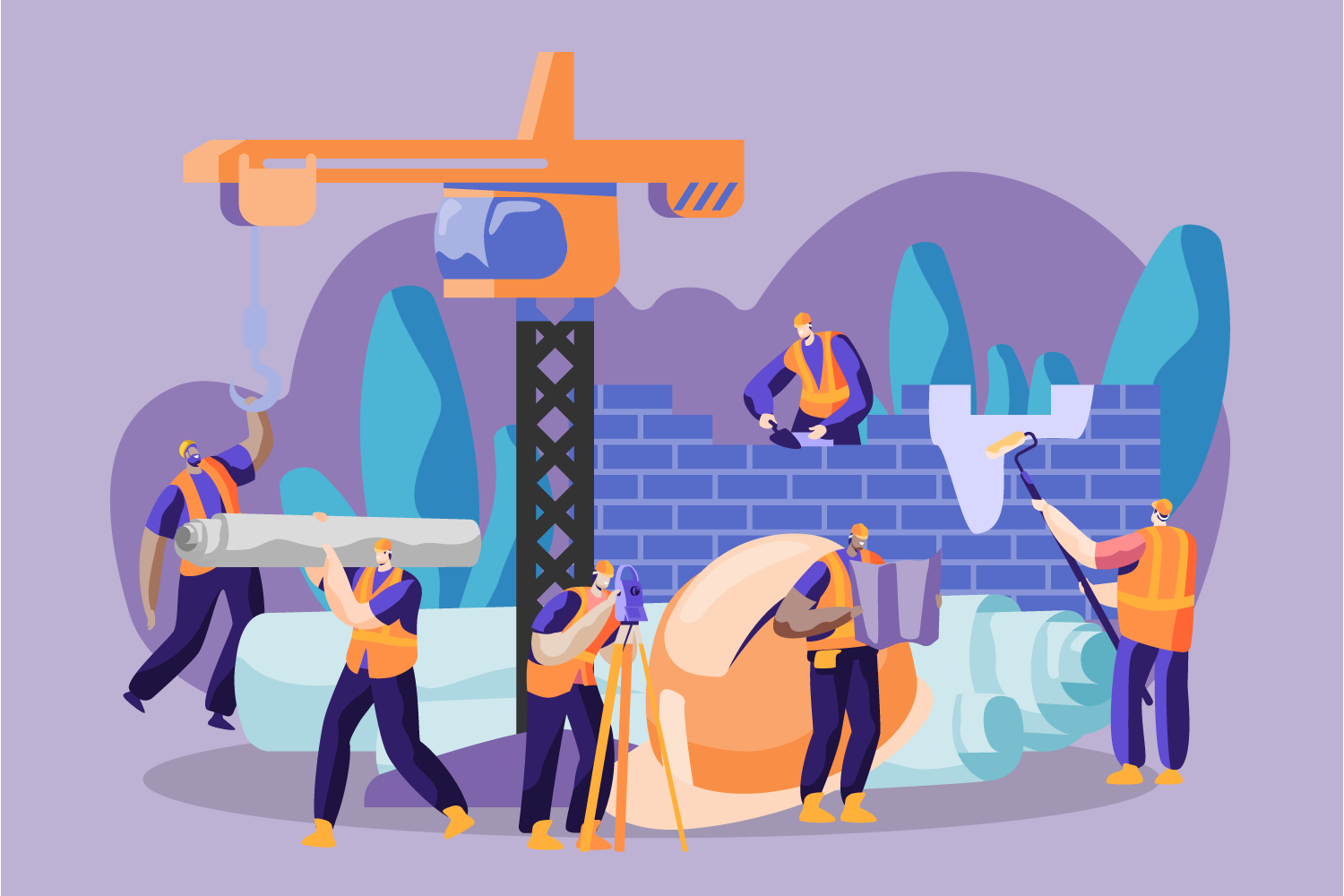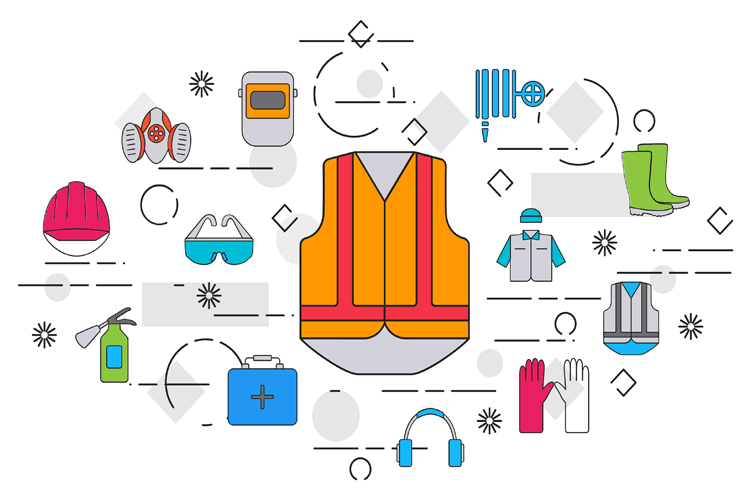Electrician job description
Let’s get real. Job information online can often be overly optimistic — conveniently glossing over the raw bits. But when you’re making decisions about your future, you need all the facts.
That’s why we anonymously surveyed electricians about their job, with hopes of getting an honest insight into what it’s really like.
While we did our best to ensure respondents were Australians and verified their job titles with proof of employment, we can’t guarantee complete accuracy — or that your experiences in the field will reflect theirs. So, we suggest that you take these insights as a guide only and try to talk to people in the field before making an important decision.
Tasks and responsibilities for an electrician
Electricians can work as employees for a larger company, can work as sole traders or run their own electrician business, and some electricians may specialise in certain areas.
So, what does an electrician do? An electricians work can include:
- Consulting with customers or other tradespeople to establish wants and needs
- Installing and testing electrical systems and components
- Maintaining and repairing electrical appliances and faulty wiring
- Removing potential electrical hazards
- Consulting wiring diagrams and specifications to determine electrical sequences
- Ensuring a stocked inventory of necessary supplies and parts
- Troubleshoot problems
How to become an electrician
-
Become an electrical apprentice
To become a licensed electrician in Australia you must complete an Australian apprenticeship program. The apprenticeship takes around four years to complete and allows you to gain your qualification while being employed by a sole trader or company and earning a wage.
The qualification gained through your apprenticeship is a Certificate III in Electrotechnology Electrician (UEE30820), and you will also be required to complete specific licensing assessments.
-
Study
If you are not quite ready to delve into a four year apprenticeship, you can study a course like a Certificate II in Electrotechnology (Career Start) (UEE22020) through an RTO (registered training organisation) or TAFE to establish whether this is the right career for you before taking on further study.
-
Gain a licence
If you wish to work as an electrician on construction sites you will need to take a short course and obtain a White Card.
Pathway options
Getting started as an apprentice electrician can lead to electrician job opportunities, more senior roles in the industry, specialisations, and even owning a business.
Where an electrician career path can lead you:
Junior
-
Trade assistant
Most common qualification:
Cert II in Construction (CPC20120) -
Pipelayer
Most common qualification:
Certificate III in Civil Construction (Pipe Laying) (RII30920) -
Road construction worker
Most common qualification:
Certificate III in Civil Construction (Road Construction and Maintenance) (RII30920) -
Traffic controller
Most common qualification:
Certificate III in Civil Construction (Traffic Management) (RII30920)
Mid
-
Builder
Most common qualification:
Certificate IV in Building and Construction (CPC40120) -
Electrician
Most common qualification:
Certificate III in Electrotechnology Electrician (UEE30820) -
Construction estimator
Most common qualification:
Certificate IV in Building and Construction (Building) (CPC40120) -
Building inspector
Most common qualification:
Diploma of Building and Construction (Building) (CPC50220) -
Construction site foreman
Most common qualification:
Certificate IV in Building and Construction (Building) (CPC40120) -
Contract administrator
Most common qualification:
Certificate IV in Building Project Support (Contract Administrator) (CPC40320)
Senior
-
Construction project manager
Most common qualification:
Diploma of Building and Construction (Management) (CPC50320) -
Construction manager
Most common qualification:
Diploma of Building and Construction (Management) (CPC50320) -
Quantity surveyor
Most common qualification:
Bachelor of Construction Management
Explore related qualifications
As part of an electrician apprenticeship, you must complete a formal electrician qualification (Certificate III in Electrotechnology Electrician (UEE30820) ) which your employer usually organises.
Certificate II in Electrotechnology (Career Start) (UEE22020)
This qualification covers skills for work entry programs providing grounding in safety and fundamental skills and knowledge for work in any electrotechnology discipline. This course can be used as a gateway into the electrical trades, allowing you to try out the industry before committing to a full apprenticeship.
Course duration can vary between providers and can be taken full-time or part time.
Certificate III in Electrotechnology Electrician (UEE30820)
This course provides the skills to select, install, set up, test, fault-find, repair and maintain electrical systems and equipment in buildings and premises. It covers the essential skills and performance capabilities to obtain an ‘Unrestricted Electrician’s Licence’ from the Electrical Regulatory Authority Council (ERAC).
The skills taught for this certification require a licence to practise in certain workplaces. For more information about this, check out MySkills.
Competency development tasks for this accredited qualification are subject to regulations directly related to licensing. Where a licence or permit to practise is not yet held, it may be achieved through a contract of training and apprenticeship.
Studying this qualification is a key requirement for obtaining an ‘Unrestricted Electrician’s Licence’ from the ERAC. You’ll also need to undertake a four-year apprenticeship (or a Trades Recognition Australia (TRA) pathway) and perform electrical installations for at least one year to qualify for the licence.
Where required for Licencing, the certification documentation issued must indicate if the qualification was completed as an apprenticeship or Trades Recognition Australia (TRA) pathway.
The average course duration: for this qualification is 6420 hours.
Related subjects
Trade-based industries are always in need of enthusiastic newcomers. Practical roles that require excellent attention to detail and problem-solving skills are plentiful and come in many shapes and sizes.
Related articles
A career as an electrician might sound perfect for you right now. You can access more resources and articles to delve deeper into the topic and help get your new career underway.















